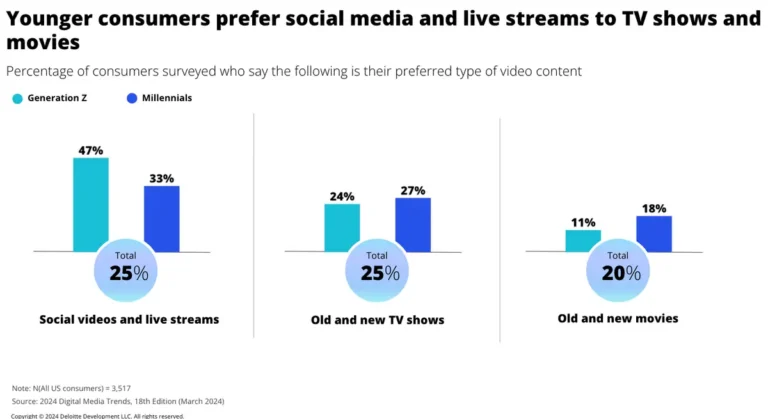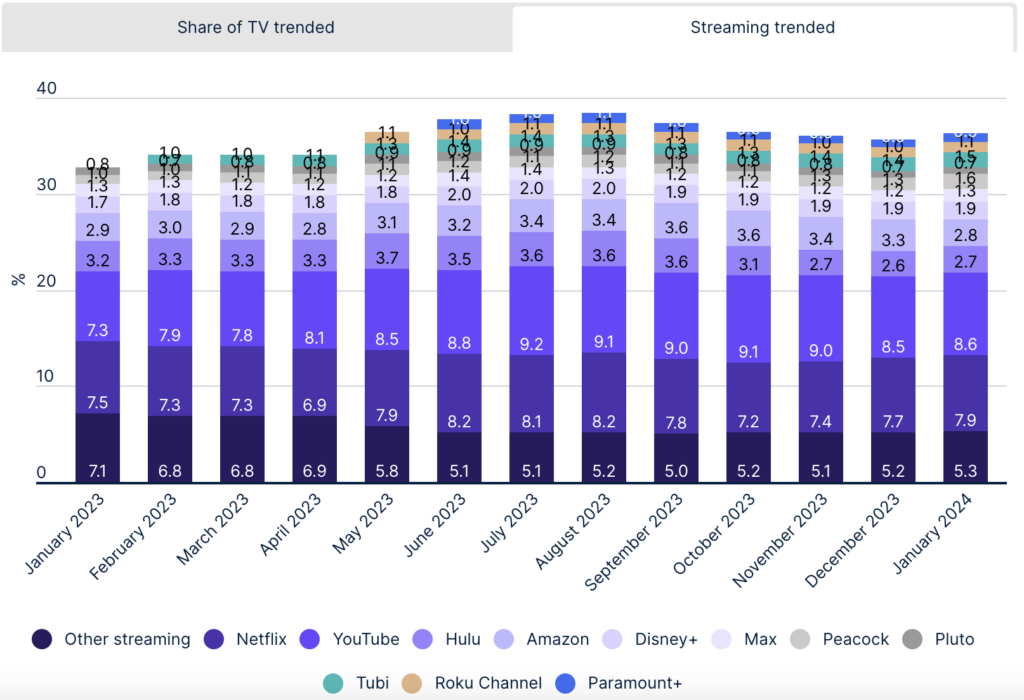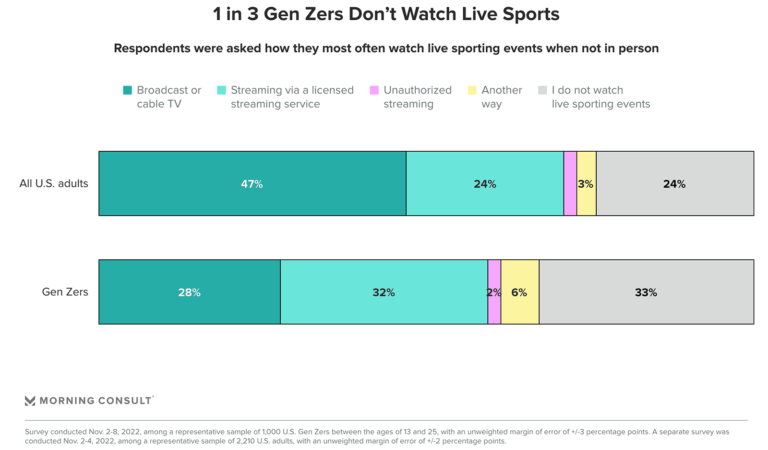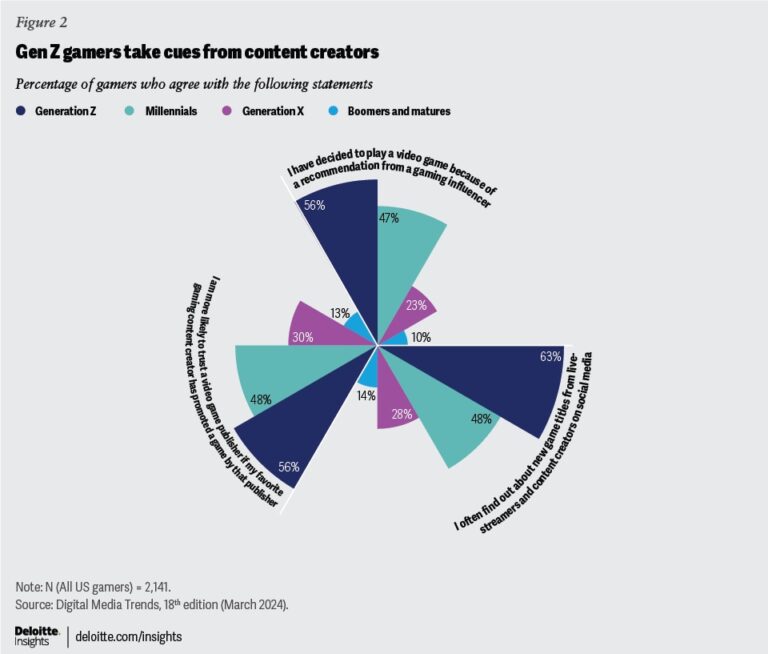Reveals a significant preference for social video and live streams over traditional TV shows and movies, indicating a seismic shift in consumer behavior. Research shows members of Gen Z prefer to watch social video and livestreams (47%) about twice as much as TV shows (24%) and four times as much as movies (11%).
The difference is even starker than it is for millennials, 33% of whom have a preference for social and livestreams, compared with 27% for TV shows, and 18% for movies.




